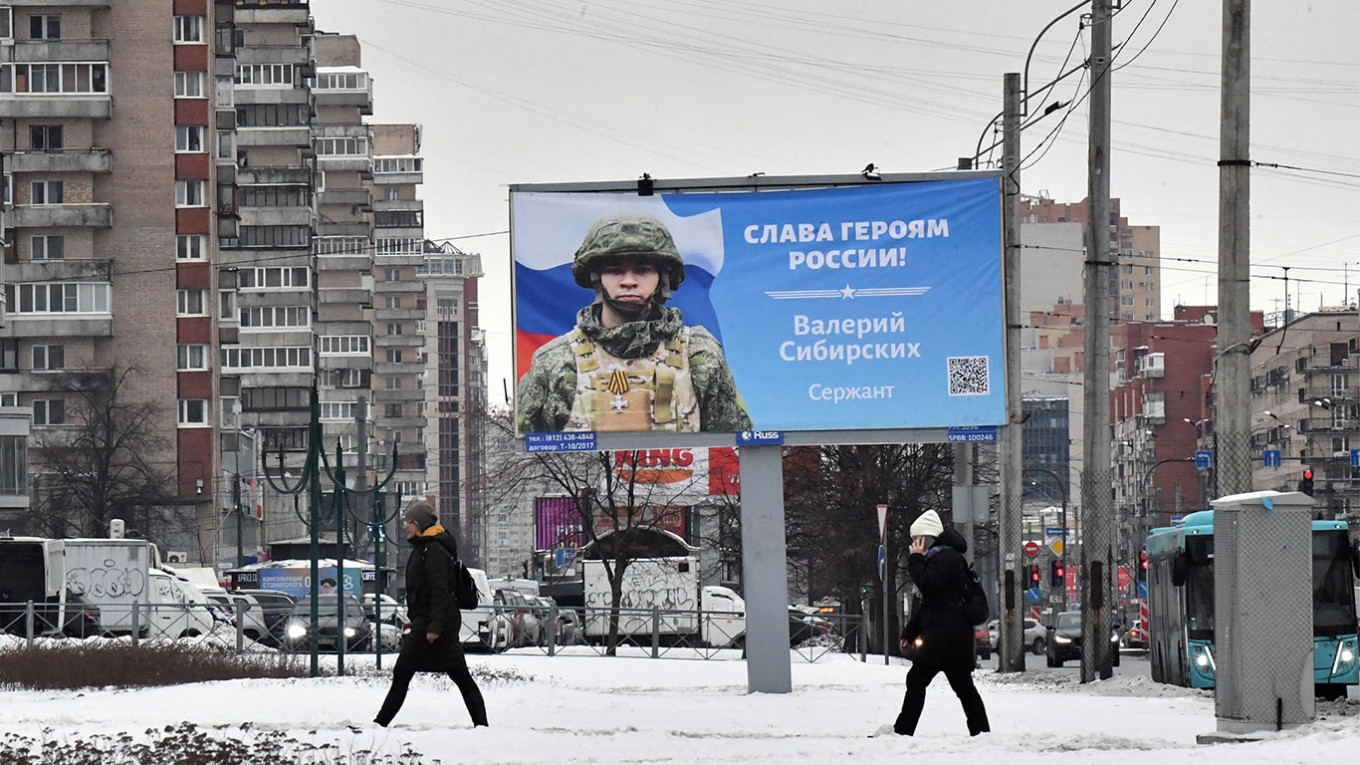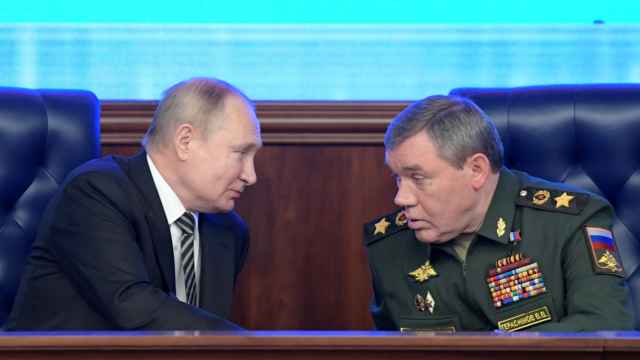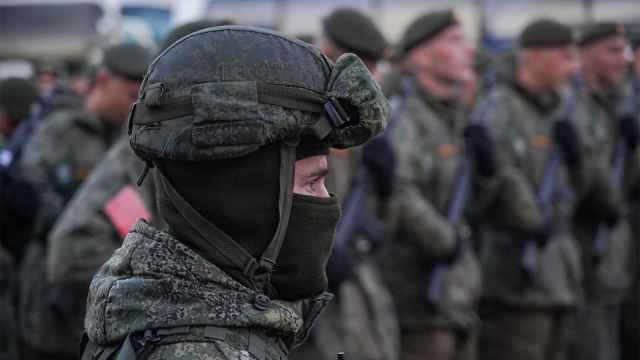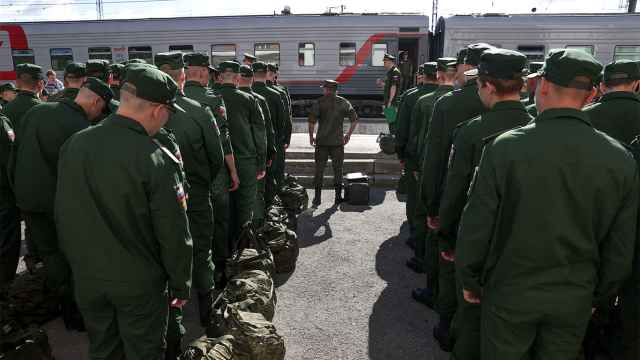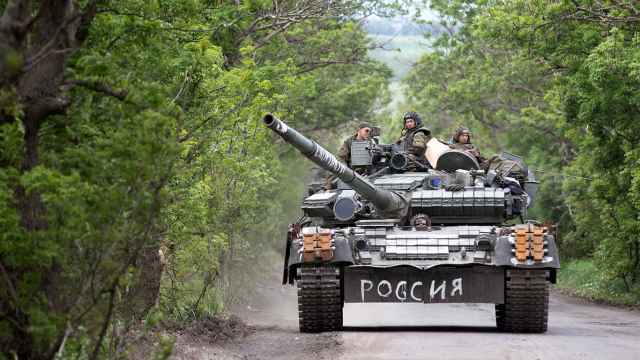An independent media outlet tallying the number of Russian military fatalities in Ukraine advertised this week for volunteers because — for the first time since the start of the war — it did not have enough people to process the incoming reports of deaths.
Mediazona’s staffing issues are just one of a series of recent indicators that Russia is suffering particularly high casualties in Ukraine as it intensifies military efforts ahead of what some believe is an imminent offensive.
“Over the past two to three weeks, we’ve noticed the number of reports [of killed soldiers] has begun to rise,” Mediazona data journalist Maxim Litavrin told The Moscow Times.
“This does not mean that all these people died during this time, but the increase is linked to intensified activity on the frontlines.”
While the Kremlin does not provide official casualty figures — making any accurate assessment of Russia’s human losses in the Ukraine war extremely difficult — analysts who spoke to The Moscow Times believe there has likely been a sharp uptick in the number of Russian soldiers dying in Ukraine in recent weeks.
Mediazona, which uses public sources to compile a database of killed soldiers, said on Jan. 27 that its staff had confirmed the deaths of 876 Russian soldiers in the previous 10 days.
This was “one of the highest indicators” for the entire war, according to the outlet, which collaborates with the BBC Russian Service in tracking Russian deaths.
“We simply don’t have enough time to process the information,” Litavrin said when asked why Mediazona was now looking for more volunteers.
Russia has stepped up its assault on eastern Ukraine’s Bakhmut, the epicenter of the current fighting in Ukraine, which has likely fueled a rising casualty rate.
After months of deadly artillery duels, Russia has appeared this week to be edging toward encircling the largely destroyed city.
Some reports suggest that battles near the town of Vuhledar in Ukraine's Zaporizhzhia region have also resulted in major losses for Russia.
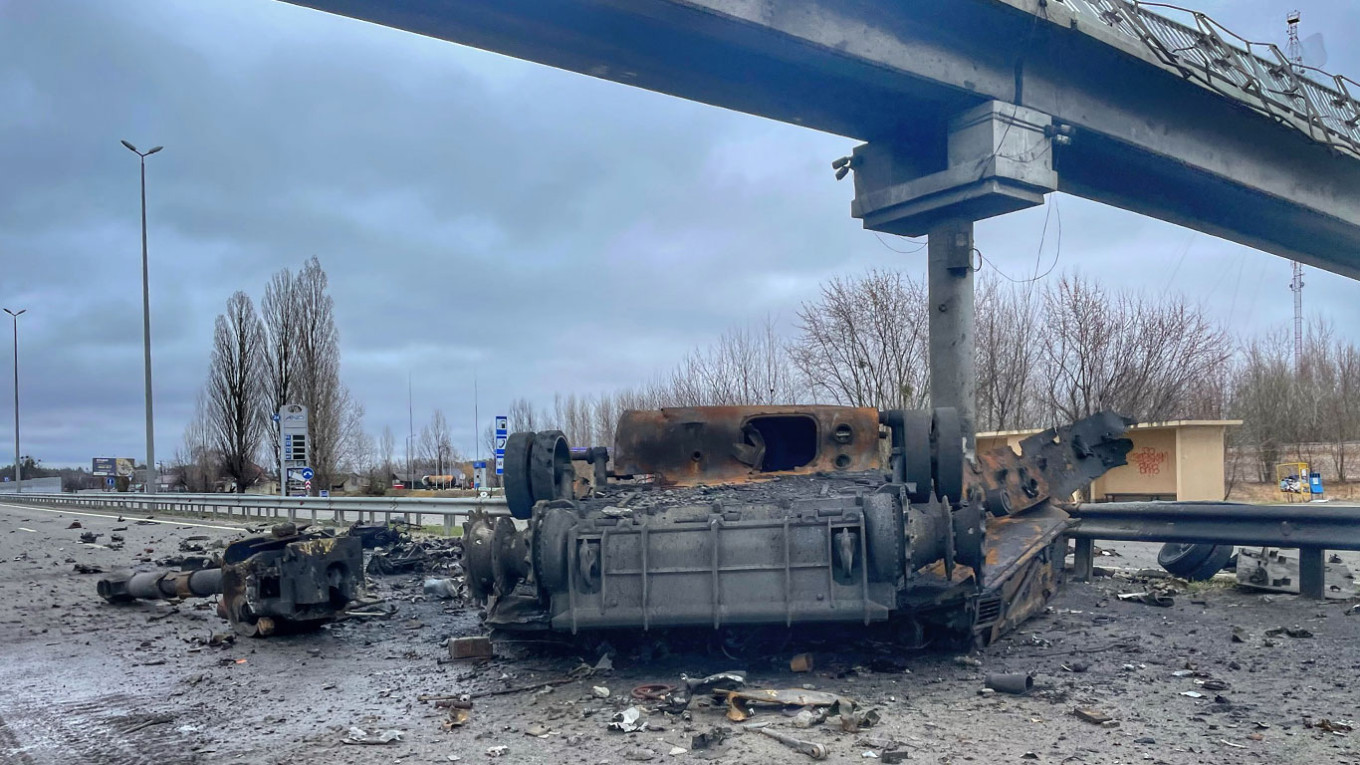
Ukraine said Tuesday that the previous 24 hours were the deadliest of the war so far for the Kremlin, increasing its running total of Russian troops killed by 1,030.
Russia’s strategy in Bakhmut appears to be slowly chip away at Ukraine’s defenses, wearing down their opponents and inflicting casualties until they have no choice but to retreat.
Ukraine, too, is believed to have taken heavy losses in the winter battles.
“Losses have been high following recent assaults on Bakhmut and nearby places,” said Israel-based military expert David Sharp, who added that badly trained mobilized soldiers and military incompetence were major underlying reasons for the higher death rate.
“The soldiers are poorly trained, and the very process of withdrawal and accompanying cover has not been well-established,” Sharp told The Moscow Times.
The New York Times reported last week, citing senior U.S. officials, that the fighting around Bakhmut had caused Russian casualty figures to “balloon.”
Tens of thousands of fighters from mercenary company Wagner — including inmates recruited from Russian prisons — have been deployed to Bakhmut alongside the Russian army.
And many of the recent casualties are assumed to have been suffered by Wagner, which has become notorious for risky head-on infantry attacks.
Igor Girkin, a retired Russian special ops officer who led rebels in eastern Ukraine in 2014 and has since become a vocal critic of the Russian war effort, described Wagner units Thursday as “battalions of death.”
Satellite imagery showed that a Wagner cemetery plot in Russia’s southern Krasnodar region had grown sevenfold in two months, The New York Times reported in late January.
However, analysts also cautioned against drawing bold conclusions from the limited publicly available data on Russian casualties.
It is impossible to say exactly how many Russian soldiers have been killed in recent weeks, according to Ruslan Leviev, the founder of the Conflict Intelligence Team, a group that investigates Russian military and mercenary activity.
“We cannot determine [them] using open sources,” he told The Moscow Times.
The database compiled by Mediazona and the BBC Russian Service, which is based on news reports and social media, is also believed to lag behind events on the battlefield, making it difficult to pinpoint exactly when surges in deaths take place.
While Mediazona and the BBC Russian Service said last week that they had verified the deaths of 13,030 Russian soldiers since the start of the invasion, the real number is believed to be far higher.
Kyiv claimed Friday that almost 136,000 Russian soldiers had been killed in the war.
The last official death toll provided by Russia was in September, when Defense Minister Sergei Shoigu said 5,937 troops had died in Ukraine.
A Message from The Moscow Times:
Dear readers,
We are facing unprecedented challenges. Russia's Prosecutor General's Office has designated The Moscow Times as an "undesirable" organization, criminalizing our work and putting our staff at risk of prosecution. This follows our earlier unjust labeling as a "foreign agent."
These actions are direct attempts to silence independent journalism in Russia. The authorities claim our work "discredits the decisions of the Russian leadership." We see things differently: we strive to provide accurate, unbiased reporting on Russia.
We, the journalists of The Moscow Times, refuse to be silenced. But to continue our work, we need your help.
Your support, no matter how small, makes a world of difference. If you can, please support us monthly starting from just $2. It's quick to set up, and every contribution makes a significant impact.
By supporting The Moscow Times, you're defending open, independent journalism in the face of repression. Thank you for standing with us.
Remind me later.



